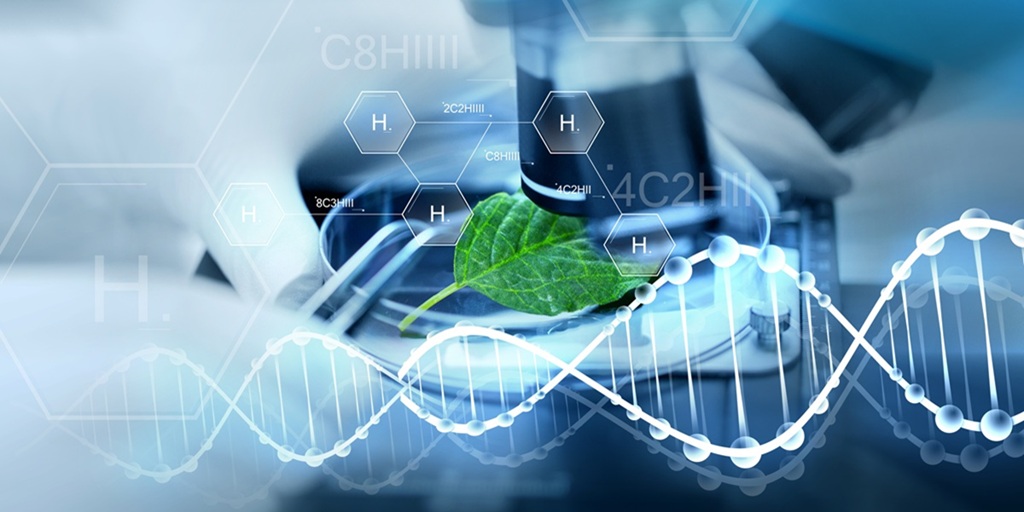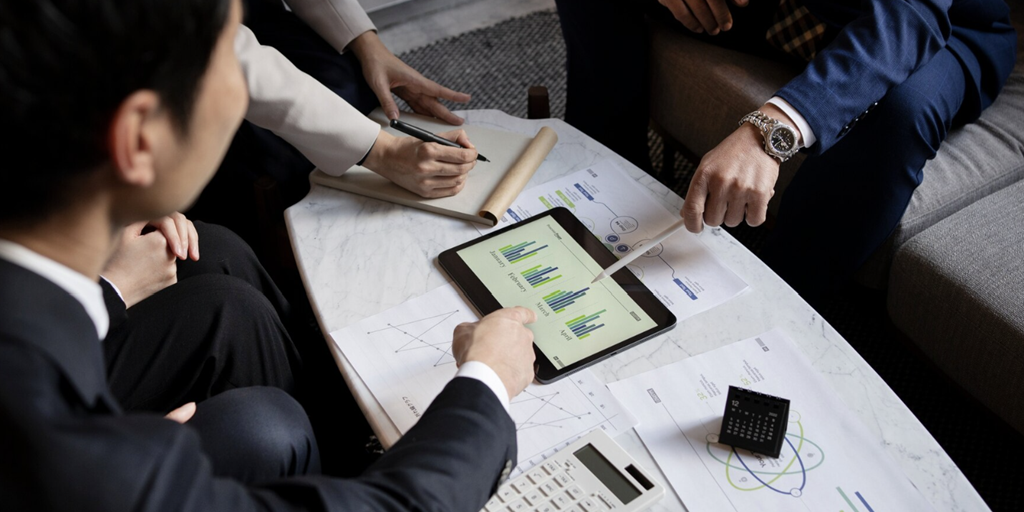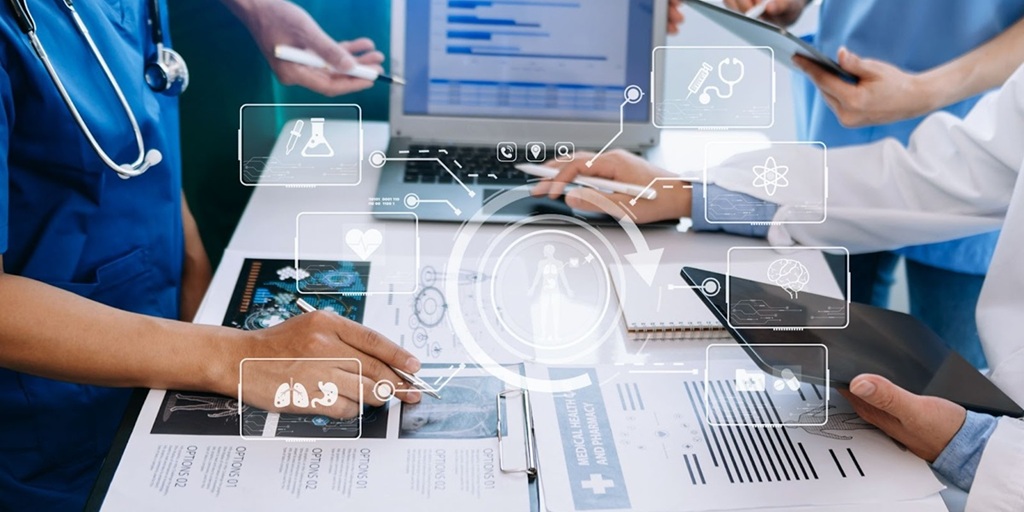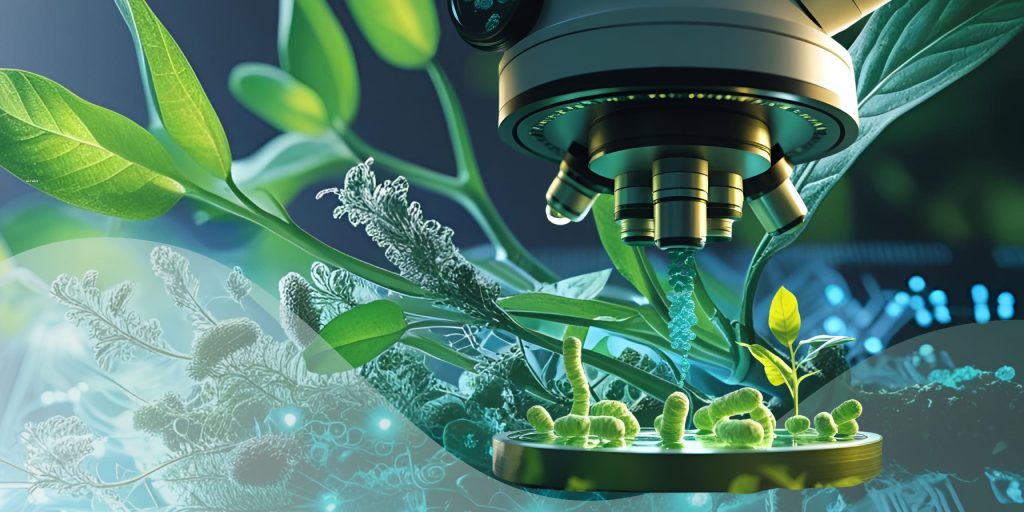
Synthetic Biology – Part 1
Engineering Life for Sustainable Solutions
Imagine filling up your car with fuel made from algae, or using a plastic bag that naturally breaks down after a few weeks. These ideas are no longer science fiction as they’re becoming reality thanks to synthetic biology, an emerging field that combines biology and engineering to redesign living organisms for useful purposes. Synthetic biology is being harnessed to address real-world challenges such as creating renewable biofuels, producing biodegradable plastics, and even cleaning up polluted environments. This convergence of science and innovation offers hope for more sustainable development, and in Southeast Asia, particularly Malaysia, with its rich biodiversity and agricultural resources, is poised to benefit.
Biofuels: Turning Palm Waste and Algae into Energy
Malaysia is a global leader in palm oil production, an industry that contributed RM114 billion in export value and about 2.3% of the nation’s GDP in 2024. Alongside this success comes a huge amount of agricultural waste such empty fruit bunches, palm fronds, and palm oil mill effluent. Instead of burning or landfilling these residues, synthetic biology offers a way to turn them into treasure. Scientists can engineer microbes (like special yeast or bacteria) to ferment these palm wastes into biofuels such as biodiesel and bioethanol. This means the same palm oil industry that once caused deforestation and emissions could become a source of clean energy, closing the loop on waste. By converting oil-palm waste into fuel, Malaysia can reduce its reliance on fossil fuels while mitigating pollution from the palm oil supply chain. It’s a win-win scenario: less waste and cleaner energy.
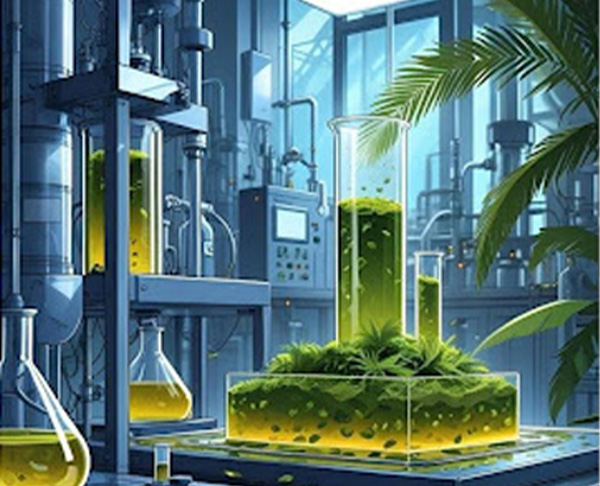
Beyond palm oil, Malaysia’s tropical climate with year-round warmth and sunshine provides ideal conditions to cultivate microalgae, another promising biofuel source. Algae are tiny aquatic plants that can grow rapidly in ponds or bioreactors, even on non-arable land or using wastewater. Through synthetic biology, researchers have boosted certain algae strains to produce more oils (lipids) and grow faster.
These oily algal cells can be harvested and processed into biodiesel or even jet fuel. In fact, Malaysia’s national oil company, Petronas, is teaming up with Japanese biotech firm Euglena and Italy’s Eni to build a RM6 billion (US$1.3 billion) biorefinery that will use algae and other waste oils as feedstock.
Slated to open by 2028 in Johor, the plant is expected to produce up to 650,000 tonnes of biofuel per year, including sustainable aviation fuel. This major investment underscores how seriously industry is taking bio-based energy. Local innovators are also venturing into algae-based biofuels, developing methods to cultivate high-lipid algae strains suitable for biodiesel production.
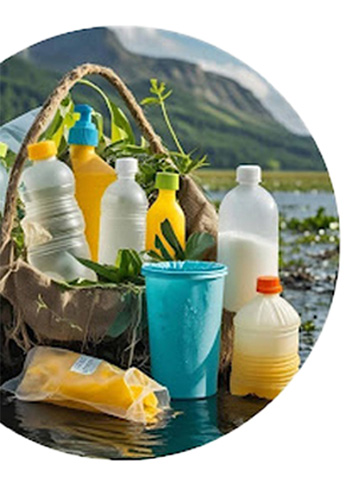
Although these efforts are still in the early stages and currently represent a small fraction of the economy especially when compared to Malaysia’s multi-billion-ringgit palm oil sector, the long-term potential is considerable. As the technology advances, it could pave the way for green jobs, novel revenue streams, and meaningful reductions in greenhouse gas emissions. Even a modest increase in biofuels as part of Malaysia’s energy portfolio could yield substantial economic returns over time. The message is clear: by engineering biology, refining the capabilities of microbes and algae, Malaysia can unlock cleaner, renewable energy sources using its existing natural advantages.
Biodegradable Plastics: Cutting Down on Pollution
Plastic pollution is an urgent environmental challenge in Malaysia. The country ranks among the world’s top offenders in mismanaged plastic waste, with each Malaysian estimated to mismanage about 25 kg of plastic per year. Alarmingly, Malaysia is also the fifth-largest contributor of plastic waste into oceans, at about 2.3 kg per person per year. From clogged rivers to beaches littered with bottles, the impact is visible and harmful with more than 250 marine animals are killed by plastic debris every day. In response, Malaysia has taken steps like banning plastic bags and single-use straws, and launching a Plastics Sustainability Roadmap 2021–2030 to move toward a circular economy. But a fundamental solution is to replace conventional plastics with biodegradable alternatives and synthetic biology is making that possible.
Imagine packaging materials that serve their purpose and then harmlessly degrade into the environment. One class of such materials is PHA (polyhydroxyalkanoates), a biopolymer produced by certain bacteria from renewable resources. Malaysian researchers have been studying PHAs for years, given that our palm oil industry provides an ideal raw material (palm waste sugars and oils) to “feed” PHA-producing microbes. The result is a plastic-like material that can be used for packaging, food containers, medical devices, and more. Unlike petroleum plastic, PHA will naturally break down into water and carbon dioxide over time. Early research by local scientists showed the feasibility of producing PHA from palm oil by-products, and now companies are scaling up this idea. This means a plastic bag made from palm-based PHA could biodegrade, reducing long-term pollution with a compelling prospect for a country grappling with plastic waste.
Several Malaysian institutions, startups and firms are actively advancing the development of bio-based and compostable plastics. These innovators are producing a wide range of biodegradable packaging solutions, including food containers made from sugarcane bagasse, rice straw drinking straws, and starch-based cutlery, all designed to naturally decompose. Some have even introduced shopping bags made from tapioca starch that are certified biodegradable and compostable by Malaysia’s national standards body. Through collaborations with local councils and educational outreach, these efforts have collectively replaced hundreds of thousands of single-use plastic items with more sustainable alternatives.
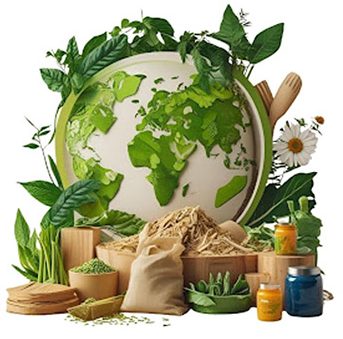
Other ventures are exploring novel materials such as seaweed and cassava starch to develop packaging films and sachets that leave no toxic residue. Together, these enterprises reflect a growing movement where innovation aligns with environmental responsibility. Increasingly, businesses such as cafes and restaurants are choosing biodegradable takeaway packaging in response to rising consumer demand for greener, more sustainable options.
The push for bioplastics is also receiving support from policymakers. The government’s Circular Economy Roadmap encourages such solutions, and there are discussions of incentives for manufacturers adopting biodegradable materials. It’s not just about saving the turtles; it’s also about economic opportunity. Malaysia’s plastics manufacturing sector is a 4.7% contributor to GDP (about US$7.2 billion in 2018), and produces roughly 2.4 million tonnes of resins annually. Replacing even a fraction of this output with bio-based plastics could open new markets and ensure our plastics industry remains viable as global consumers and regulators demand sustainability. The World Bank highlights that Malaysia is actively developing a circular plastics economy and that mismanaged waste also represents lost economic value over US$1 billion per year in valuable materials not recovered. By engineering microbes to create biodegradable plastics and scaling up compostable products, Malaysia can tackle pollution and generate revenue from what would otherwise be waste. It’s a powerful example of technology serving both environmental and economic goals.

Environmental Remediation: Cleaning Up Our Planet
Beyond energy and materials, synthetic biology holds promise for cleaning up pollution and rehabilitating damaged ecosystems. Malaysia, as an industrializing nation, faces its share of environmental legacies, from abandoned mining ponds contaminated with heavy metals to agricultural runoff in rivers and oil spills along our coasts. Traditional cleanup methods (digging out soil, chemical treatments) can be costly and sometimes ineffective. Enter synthetic biology: scientists can design custom microorganisms whose metabolism is tailored to digest or capture pollutants. Think of them as tiny cleanup crews programmed to seek and destroy environmental contaminants.
One exciting application is in bioremediation of toxic waste sites. For instance, certain bacteria can be engineered to consume heavy metals like mercury, lead or arsenic, transforming them into less harmful forms. Others can break down pesticides or petrochemical residues that persist in soil and water. In Malaysia’s context, this could mean rejuvenating degraded land, for example, using microbes to cleanse soil at former tin mines in Perak or to treat groundwater near factories. If successful, previously unusable lands might be restored for agriculture or safe habitation. Synthetic biology approaches have already demonstrated microbes that can degrade oil compounds, which might one day help in responding to oil spills in the Straits of Malacca or cleaning up leaking fuel storage sites. Instead of manual skimming and detergents, we could deploy “oil-eating” bacteria that leave behind just water and harmless by products.
Another critical area is wastewater treatment. Malaysia’s growing cities and industries produce vast amounts of wastewater that must be treated to remove pollutants before release. Conventional treatment relies on microbial processes too, but synthetic biology can supercharge these microbes to be more efficient and even recover useful resources. Recent research shows engineered microbes can simultaneously remove organic pollutants and recover nutrients or metals from wastewater. Imagine a treatment plant that not only purifies sewage but also harvests phosphorus (to be reused as fertilizer) or recovers copper and rare metals from industrial effluent essentially turning sewage into a mine for valuable materials. Such innovations would make water treatment more sustainable and offset costs with resource recovery.
These solutions aren’t science fiction. Around the world, pilot projects have used synthetic biology for tasks like degrading plastic waste with customized enzymes and capturing carbon dioxide using engineered microbes. In Malaysia, researchers are closely following these developments. Universities and institutes here are exploring microbial solutions for problems like acid mine drainage and palm oil mill wastewater.
While large-scale deployment of engineered organisms in the wild raises regulatory and safety considerations (we must ensure introduced microbes don’t disrupt ecosystems), the potential benefits are enormous. Synthetic biology gives us tools to heal environmental damage in ways that were previously impossible, by working with nature’s own cleanup crew and giving it a high-tech upgrade. As Malaysia strives for sustainable development, these tools could help reconcile industrial activity with environmental protection. cleaning up legacy pollution and ensuring new projects have a greener footprint.


